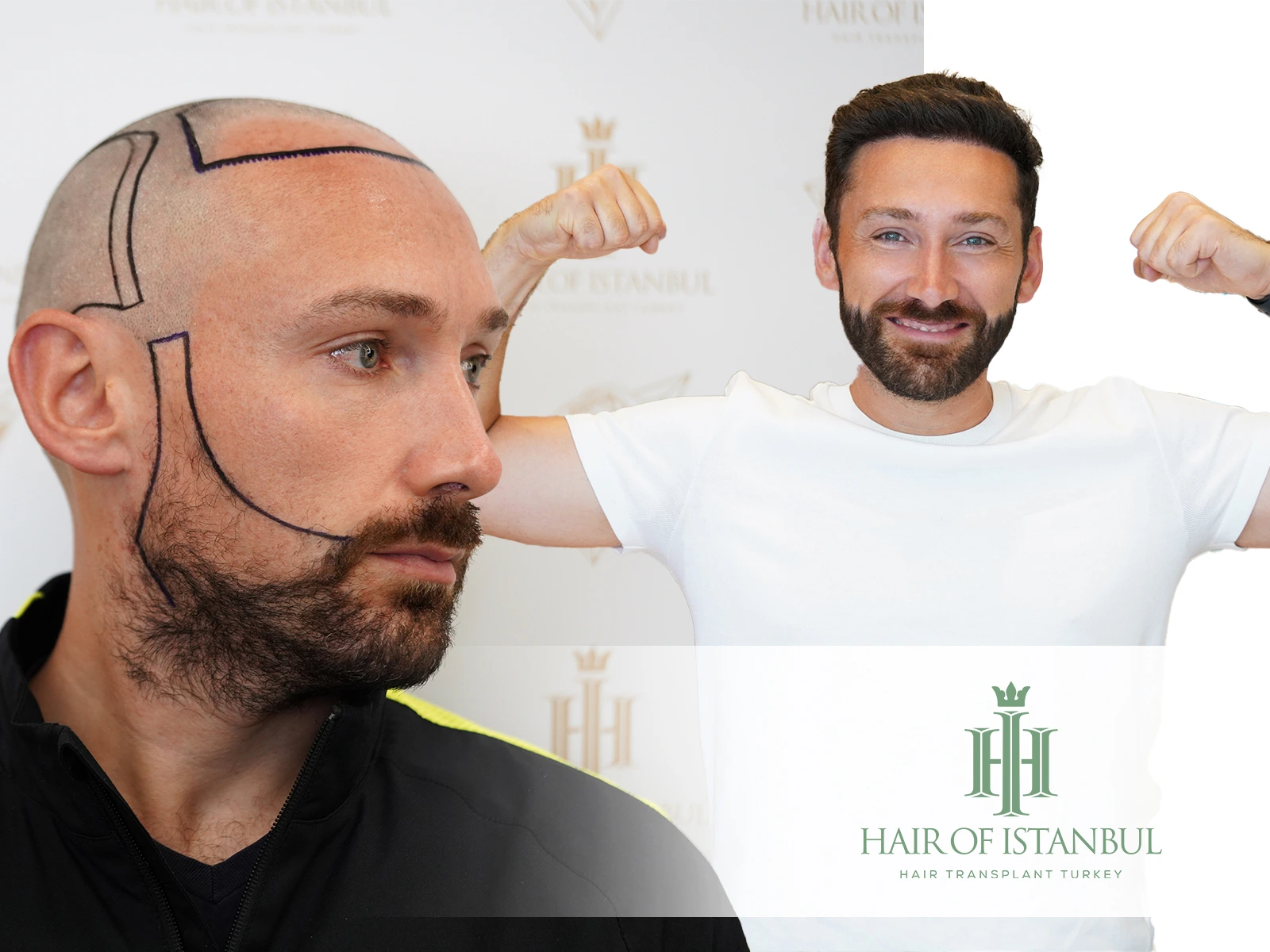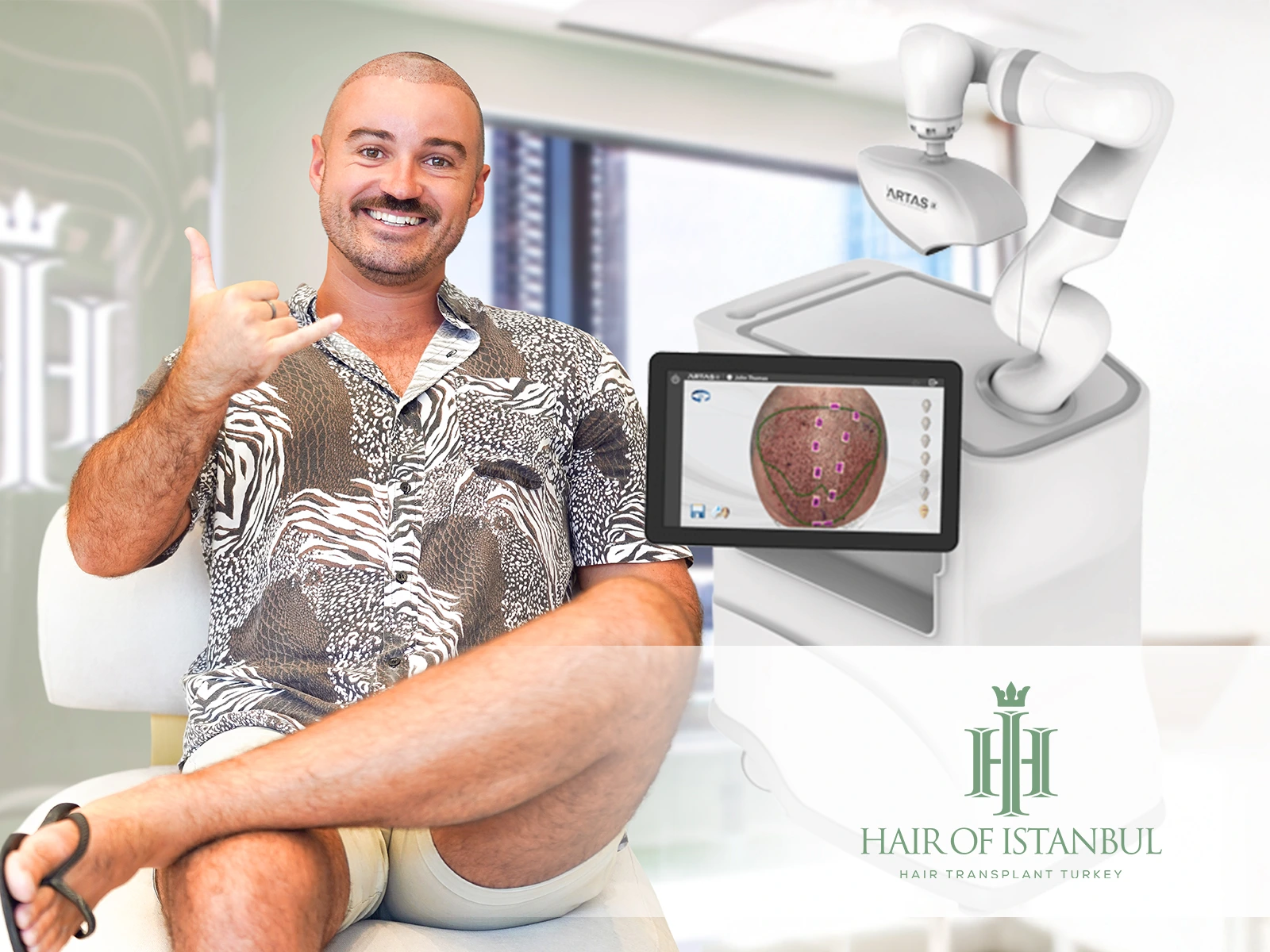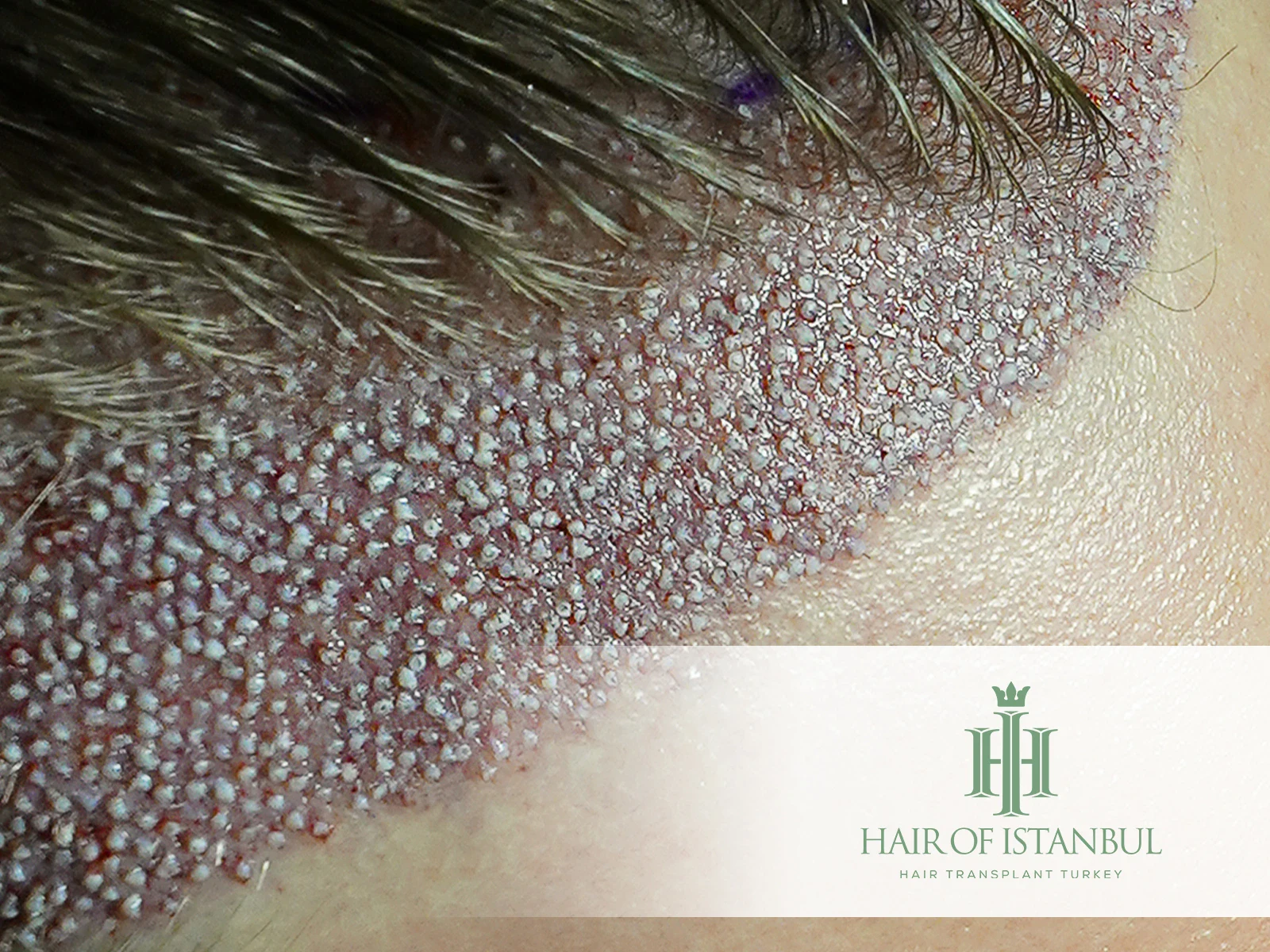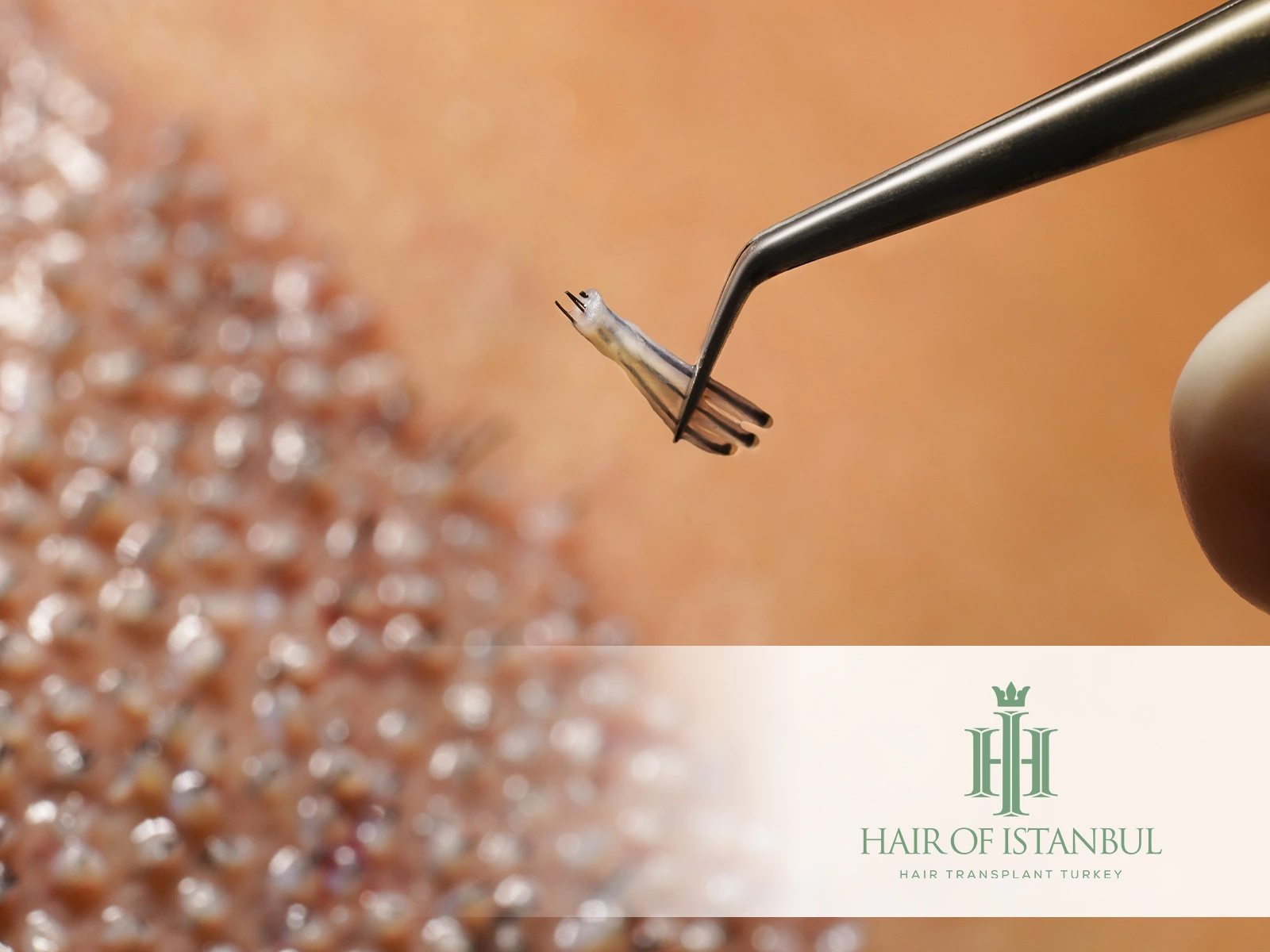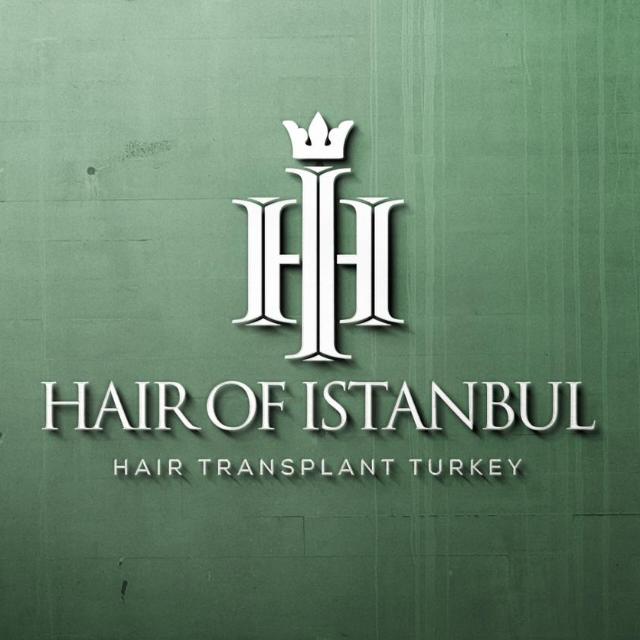Facing the Fear: How Much Does a Hair Transplant Really Hurt?
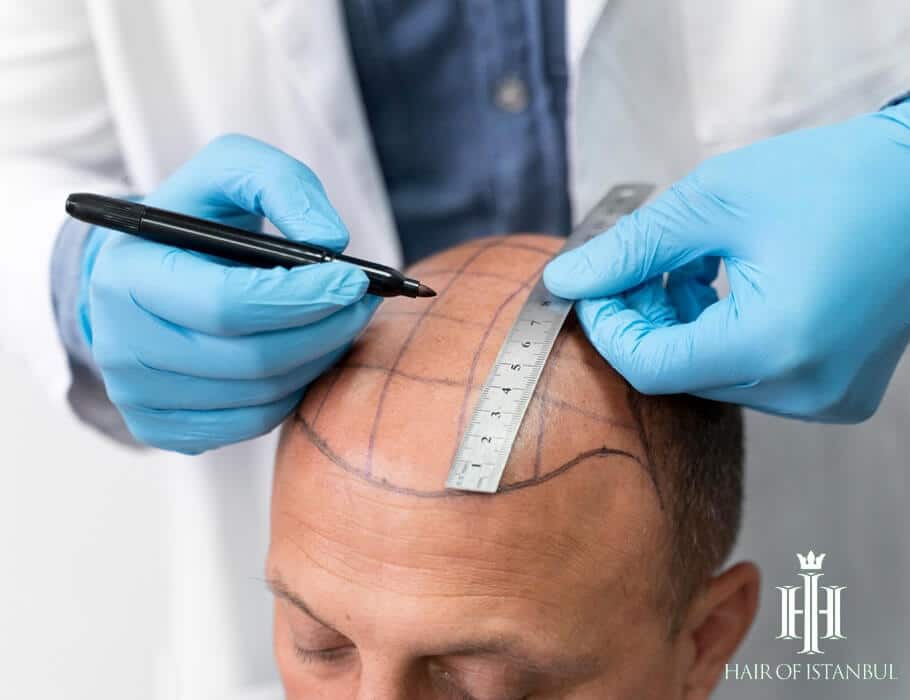
Are you tired of waking up to a thinning hairline or bald patches, longing for fuller, more youthful hair? Hair transplants have become a popular solution for many, but the question that haunts potential patients is: “How much does a hair transplant really hurt?” Fear not, because we’re here to face the fear and reveal the truth about surgery pain.
In this eye-opening article, we’ll grab your attention with real-life experiences and professional insights, piquing your interest with the latest advancements in pain management. As we unveil the reality of the procedure, you’ll find your desire to conquer your hair loss concerns growing. By the end of this journey, you’ll be ready to take action and consult with a doctor, armed with the knowledge you need to make an informed decision.
So, let’s dive in and explore the world of hair transplants, as we separate fact from fiction and help you regain your confidence with a luscious, full head of locks.
How Long Do Hair Transplant Procedure Last?
The duration of this surgery can vary depending on the specific technique used and the number of grafts required to achieve the desired results. On average, a procedure may take anywhere between 4 to 8 hours. [1]
Factors such as the size of the treatment area, the patient’s individual needs, and the expertise of the surgeon can all influence the time it takes to complete the surgery. It’s important to choose a qualified and experienced hair transplant specialist to ensure the procedure is carried out efficiently and with the utmost care.
How Long Does The Pain Last During And After Hair Transplantation?
The duration of pain following a hair transplant can vary significantly from person to person, largely depending on individual thresholds for distress and the number of grafts transplanted. For some people, uneasiness may subside within 1-2 days after the procedure, while others might experience pain for up to a week. [2]
It’s important to note that the redness and aching should gradually decrease and completely disappear by the end of two weeks. As the number of grafts transplanted increases, the duration of discomfort may also extend slightly. Rest assured, your healthcare professional will provide guidance on managing uneasiness and aftercare to ensure a smooth and comfortable recovery.
Pin Factor | During Operation | After Operation |
| Anesthesia: | Mild (due to local anesthetic injection) | Not Applicable |
| Scalp: | Minimal (thanks to anesthesia) | Mild to moderate (varies from person to person) |
| Pain Management: | Local anesthesia | Over-the-counter pain relievers (if needed) |
| Duration: | Momentary (only during anesthetic injection) | 1-2 days up to a week (depending on individual) |
| Factors Influencing Pain: | Anesthetic injection technique, individual pain threshold | Number of grafts, healing process, individual pain threshold |
What Hurts More Hair Transplant Or Tattoo?
Are you curious about how the pain of hair transplantation stacks up against that of getting a tattoo? You’re not alone! Many people wonder how these two experiences compare when it comes to discomfort. [3]
To help you understand the similarities and differences, we’ve created a comprehensive chart that breaks down the pain intensity, duration, management, factors influencing pain, and healing process for both hair transplants and tattoos. Take a look at the table below for a clear and concise comparison that will put your concerns into perspective.
Comparison Factor | Hair Transplantation | Tattooing | ||
| Pain Intensity: | Mild to moderate, depending on the individual | Mild to moderate, depending on the individual | ||
| Duration: | 1-2 days up to a week post-procedure | Few days to a week after tattooing | ||
| Pain Management: | Local anesthesia, over-the-counter pain relievers | Topical numbing creams, over-the-counter pain relievers | ||
| Factors Influencing Pain: | Number of grafts, individual pain threshold, technique used | Tattoo size, location, individual pain threshold | ||
| Healing Process: | Redness and pain disappear within 1 week | Initial redness and swelling subsides within 1-2 weeks, complete healing in 2-4 weeks |
* Please note that this table provides a general comparison, and individual experiences may vary.
Top FAQs About Hair Transplant Pain: Get the Answers You Need Today!
Many people have questions about the discomfort associated with hair transplantation, and we’re here to help you get the answers you need. From understanding the intensity of aching to learning about effective pain management strategies and the healing process, we’ll address the most frequently asked questions. [4]
Why Am I In So Much Pain After Hair Transplant?
The primary cause of aching experienced after hair transplantation is the cutting of peripheral nerves while extracting the strip during the procedure. It’s important to understand that this sensation is normal and should subside completely within a few days. Typically, the discomfort is mild to moderate, and in most cases, patients find that they don’t even require painkillers to manage it. [5]
When Will I Feel Normal After a Hair Transplant?
The recovery and return to normal activities after a hair transplant typically takes about 10-14 days. During this period, it’s normal to experience redness and crusting on the scalp as the body undergoes the healing process. By the end of the two-week recovery timeline, you can expect the redness and crusting to have disappeared completely, allowing you to resume your daily routine with confidence. [6]
Why Was My Hair Transplant So Painful?
During the hair transplantation process, pain above normal may occur due to various tissues being exposed to varying levels of trauma. However, this situation can be easily managed with the help of mild painkillers prescribed by your doctor.
What Is the Best Painkiller After Hair Transplant?
In the majority of instances, there is no requirement for pain-relief medication following a hair transplant operation. Nevertheless, if you encounter uneasiness, paracetamol may be employed during the initial 2 days to lessen any distress. It’s crucial to acknowledge that the variety and quantity of pain-relief medication required can differ among individuals. As such, it’s vital to confer with your physician and adhere to their guidance concerning discomfort management. Consistently give precedence to your doctor’s counsel to guarantee a secure and cozy recuperation journey.
How Long Does the Back Of Your Head (Donor) Hurt For After Hair Transplant?
After a hair transplant, experiencing pain in the nape area, or the donor area, is relatively normal. This discomfort is caused by tension in the scalp as a result of the procedure. This pain should subside within 2-3 days as your body begins to heal. [7]
Is Hair Transplant Anesthesia Painful?
While anesthesia is administered locally to minimize discomfort during the procedure, patients may experience a slight and momentary pain as the anesthetic is injected. However, this brief discomfort quickly dissipates as the anesthesia takes effect, ensuring a comfortable and virtually pain-free experience throughout the surgery. Being aware of what to expect during the anesthesia process can help ease any anxiety and prepare you for a successful operation. [8]
Also Read: Hair Transplant Turkey Before After Results
CONCLUSION
In conclusion, hair transplantation is not a procedure to be feared, as it is generally well-tolerated and not as painful as many might imagine. The use of local anesthesia and modern techniques ensure that patients experience minimal discomfort during the process. This operation is a safe and worthwhile investment in one’s appearance and self-confidence.

At Hair of Istanbul clinic, we are proud to offer life-changing results and a full head of hair that will continue to grow naturally. Our expert team of doctors and staff provide comprehensive support throughout every stage of the operation, ensuring our patients feel comfortable and confident throughout the procedure. Don’t let the fear of pain hold you back from achieving the hair you’ve always desired. Take the leap and transform your life with our exceptional hair transplant procedure.
References:
- [1] Firecask, Jan 13, 2021 – Does an FUE hair transplant hurt? – https://crownclinic.co.uk/hair-transplant-surgery/does-a-fue-hair-transplant-hurt/
- [2] Op. Dr. Evren Tevfik İşçi, May 17, 2022 – When Do Drowsiness and Pains Resolve After Hair Transplantation? – https://drevrenisci.com/en/when-do-drowsiness-and-pains-resolve-after-hair-transplantation/
- [3] Dr. Roshan Vara, Feb 11, 2022 – Hair Transplant After Care And Recovery Guide – https://www.treatmentroomslondon.com/fue-hair-transplant/hair-transplant-aftercare-recovery/
- [4] Admin, Unknown Date – Does Hair Transplant Surgery Hurt? – https://yourhairdoc.com/does-hair-transplant-surgery-hurt/
- [5] Andy, Mar 1, 2015 – Post Op Hair Transplant Instructions – https://www.westminsterclinic.co.uk/hair-transplant-downloads/post-hair-transplant-instructions/
- [6] Ilajak medical, Jul 6, 2022 – What is the donor area – https://www.ilajak.com/en/blog/hair-transplant-donor-area
- [7] Yadro Ducic, M.D., Unknown Date – After Hair Transplants – https://www.drducic.com/post-op-instructions/after-hair-transplants/
- [8] Penn Medicine, Unknown Date – Hair Transplantation Frequently Asked Questions – https://www.pennmedicine.org/for-patients-and-visitors/find-a-program-or-service/hair-transplantation/frequently-asked-questions




